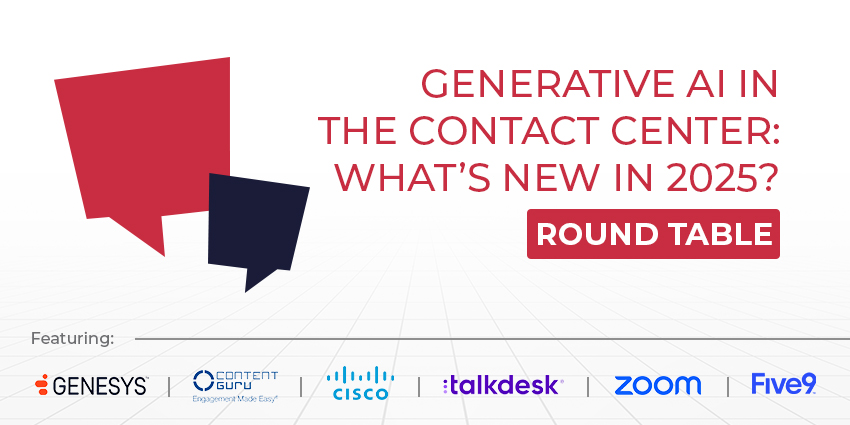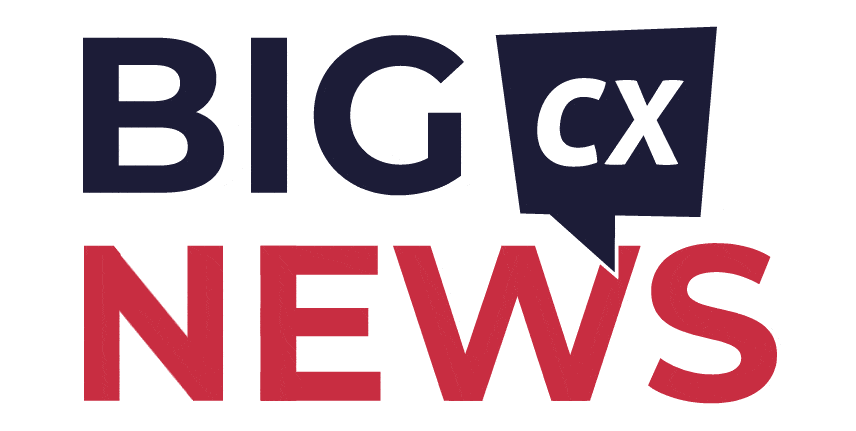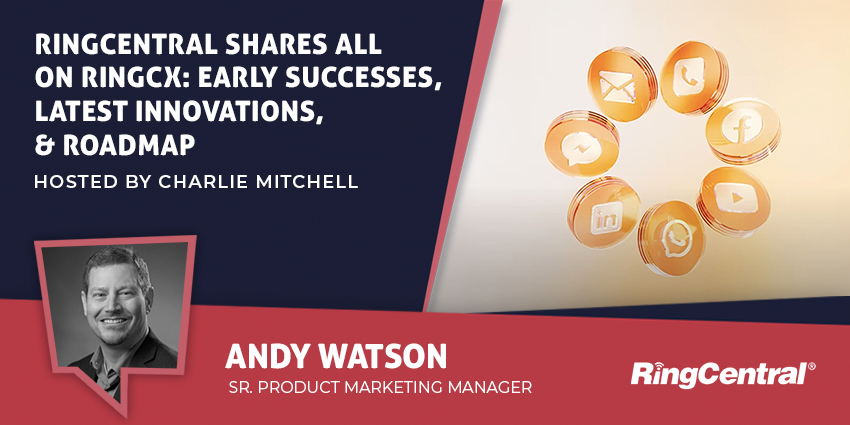The Healthcare industry hasn’t always had the best reputation for customer experience. High-pressure environments and over-worked professionals can lead to a number of issues with delighting users. According to polls, 62% of customers say healthcare services are deliberately confusing, while 66% feel resentful about how complex it is to get support.
However, like every sector, the healthcare landscape is quickly discovering just how important CX can be to generating trust and growth. Currently, 95% of customers share bad experiences they have with healthcare organisations, making it difficult for care facilities to preserve and build a strong reputation. This not only harms the potential of private healthcare providers, but can prevent individuals from seeking assistance from public facilities too.
To thrive and connect with communities in this complex environment, healthcare groups need to start investing more heavily in the right CX solutions. Let’s take a closer look at the state of CX in the healthcare space, and the potential available for innovation.
The Potential for CX in the Healthcare Sector
For many individuals, engaging with healthcare providers is an experience known for causing significant anxiety and stress. We worry about the reputation of the people responsible for preserving our health, and stress over the complexity of solving health problems.
To overcome these issues, healthcare service providers in both the public and private worlds need to ensure they’re responding to the unique needs of their consumers. Investing in CX solutions can help healthcare organisations to empower their employees, increase citizen confidence, and even improve profitability, in the right circumstances.
While the precise benefits companies can leverage with CX in the healthcare sector can vary, some of the most common results of the right technology include:
- Reduced costs and higher revenues: Currently, Harvard studies show the healthcare sector has more customer information than any other industry. 57% of providers are actively beginning to leverage this data to improve their CX strategies, using insights to explore areas where they can reduce costs, increase revenue, and improve patient outcomes. For example, AI and self-service systems can allow patients to resolve common problems, book appointments, and cancel interactions on their own, without taking up crucial administrative time. This helps to reduce repetitive tasks for employees, and boosts business performance.
- Improved interactions on every channel: Interaction volumes have grown significantly among most healthcare companies over the last couple of years, thanks to the pandemic. However, today’s digitally-savvy consumers aren’t just reaching out to providers over the phone. To continue to deliver the right level of support and service, groups need to be able to connect with their patients on multiple channels. An omnichannel CCaaS solution can make it easier to connect with clients through SMS, chat, video, and more. The right tools can even pave the way for telemedicine and remote patient support.
- Enhanced productivity and performance: The healthcare landscape is one of the most high-pressure workspaces in the world. Managing and optimising healthcare professionals can be extremely difficult in this environment. CX tools can assist with aligning and empowering employees in a range of different ways. The right tools keep staff members connected to the right information in a single pane of glass. Workforce management and engagement tools can also assist with ensuring the right professionals are available at the correct times.
Trends Driving CX in the Healthcare Sector
Over the last couple of years, companies in all industries have been forced to evolve at an incredible rate. However, the healthcare landscape may have faced the most pressure of all. Overwhelmed by demand in the face of a global pandemic, countless health organisations have had to update their processes, and invest in new technology to keep their heads above water.
Even in a “post-pandemic” environment, investing in CX tools will be crucial to ensuring healthcare groups can continue to meet patient expectations and business goals. Some of the biggest trends currently influencing the evolution of CX in this industry include:
- Hyper-personalisation: As mentioned above, healthcare companies have access to a huge amount of information about their patients. However, few groups are using this information to offer a more personalised level of service. As customer expectations evolve, healthcare brands will need to leverage the analytics they can collect from contact centre tools, CRMs, and other services to deliver a higher quality of customised service.
- AI and automation: The fast-paced and chaotic nature of the healthcare landscape places significant pressure on employees from administrative staff to surgeons. Automation and AI tools implemented into a CX strategy could be the cure to some of the most common workflow issues. For instance, chatbots and virtual assistants could handle various patient queries without the need for human interaction, so specialists can focus their skills elsewhere.
- New patient care styles: The meteoric rise of digital transformation has prompted new forms of patient support to emerge in the healthcare landscape. Telemedicine has grown to be an increasingly valuable alternative to connecting with patients in-person when face-to-face interactions aren’t possible. CCaaS solutions open the door to new connections between patients and healthcare providers, through video, messaging, and even extended reality.
- In-depth analytics: Analysis in the healthcare landscape doesn’t just pave the way to better customer care. The right tools can improve business productivity, help with predicting potential health risks, and so much more. Gathering information from multiple channels in the contact centre could even help local healthcare providers to keep on top of possible epidemics in their area. The more information healthcare companies can leverage, the more they can use that data to create safer, healthier communities.
Looking Ahead with CX in Healthcare
The healthcare industry is evolving at an incredible rate as a result of the pandemic. To take advantage of this momentum, and pave the way for better patient care in the years to come, organisations need to ensure they’re investing correctly in CX initiatives.
Whether it’s workforce management and engagement tools to improve the productivity of crucial professionals, or CCaaS solutions for interacting with patients, CX solutions will be a must-have for the future of the health sector.







